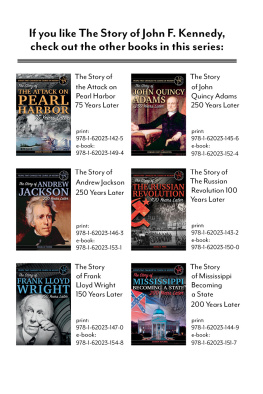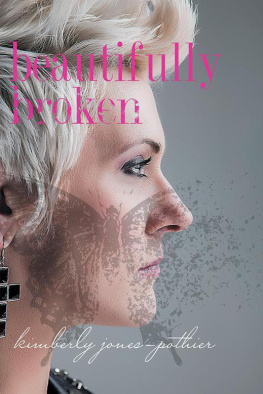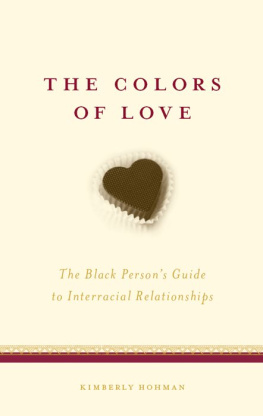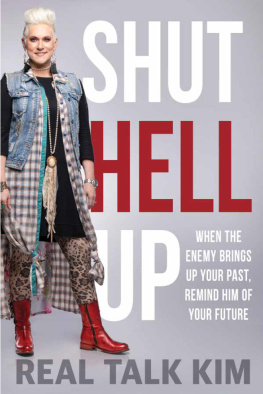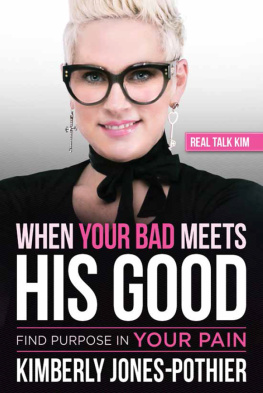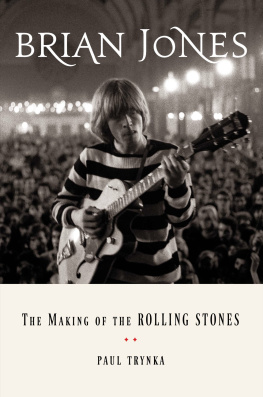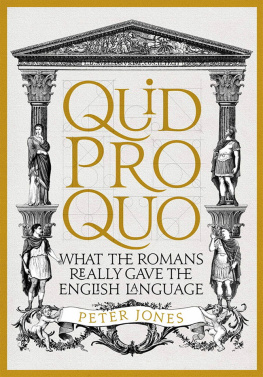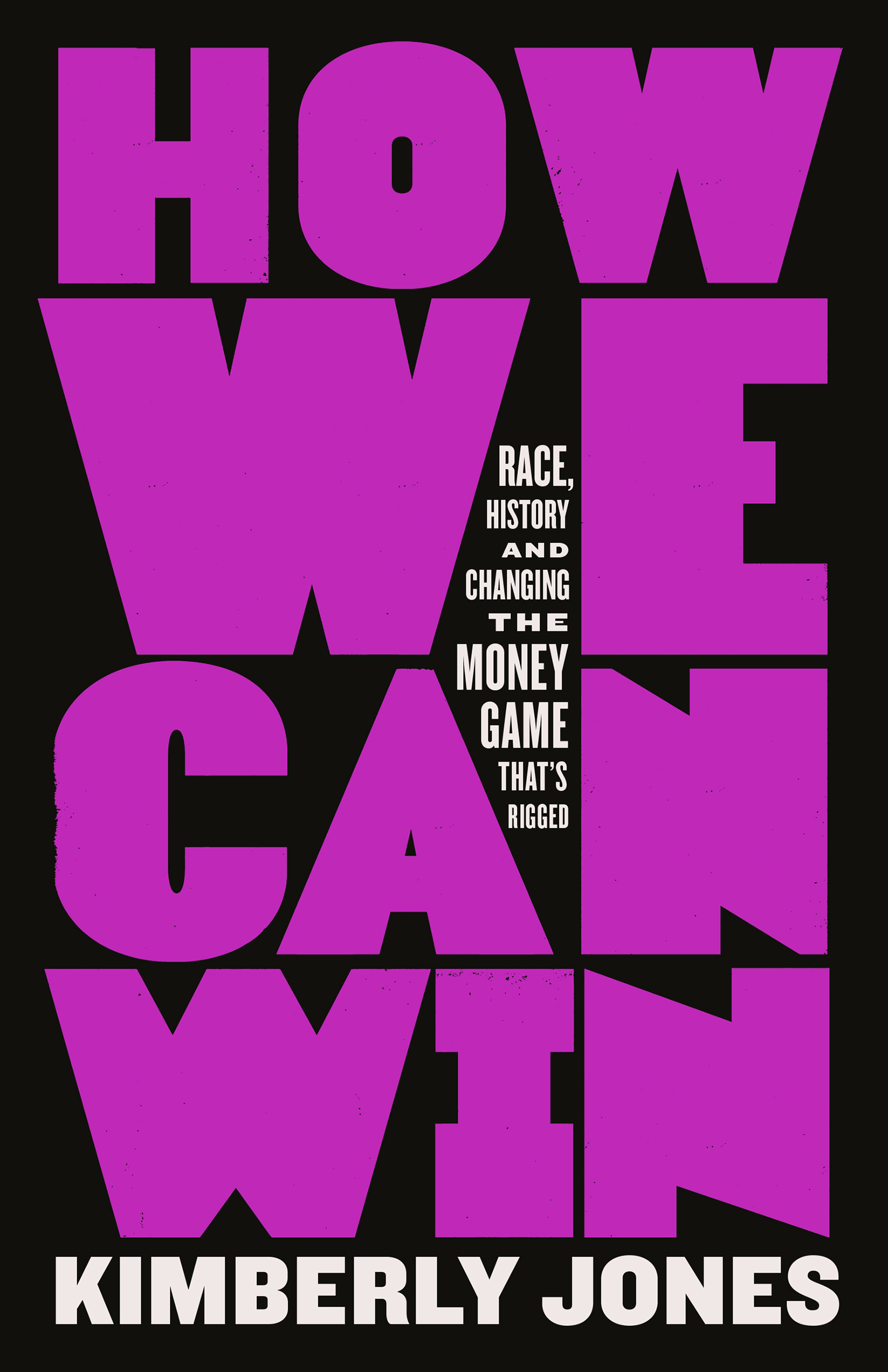Contents
Guide
Pagebreaks of the print version
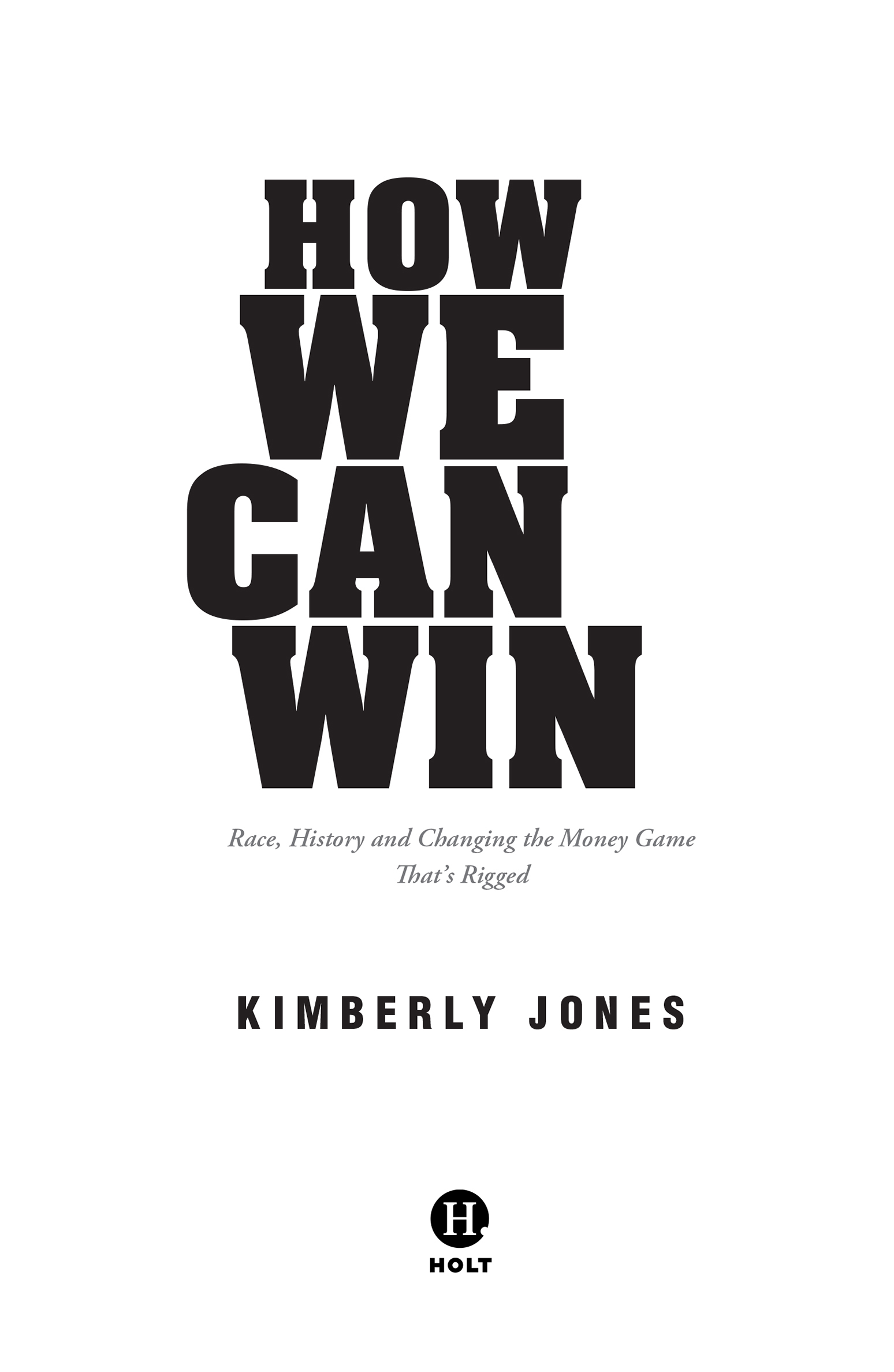
The author and publisher have provided this e-book to you for your personal use only. You may not make this e-book publicly available in any way. Copyright infringement is against the law. If you believe the copy of this e-book you are reading infringes on the authors copyright, please notify the publisher at: us.macmillanusa.com/piracy.
To my dear friend Brandi Saulter, who held me at the end of the How Can We Win? video and has continued to hold me up every day since
In 2019, I put out a call to action to my community. I made a Facebook event for a neighborhood cleanup where I was living in Bankhead, a community on the west side of Atlanta. Oddly enough the area was named after actress Tallulah Bankheads grandfather, John H. Bankhead, an Alabama Confederate war hero and US senator. But if the name rings familiar to you, its probably because of the song Bankhead Bounce by Diamond and D-Roc, and you may even know the dance of the same name. I didnt grow up there like T.I. (I was born up in Bankhead, yall remember me) but for many years I called it home. The Facebook invitation read:
The family-friendly event will begin at 9:00 a.m. Meet at the corner of Joseph E. Boone and Westchester on Atlantas Westside. Practice stewardship with your child. Picking up litter is a fun, simple, free activity that can have instant results for your child and your community. In two hours, we can make two blocks cleaner, free of litter, and a nice place for the residents to come home to.
As I walk through my community, I see wrappers, Popsicle sticks, newspapers and every kind of disposable on the street, sidewalk and gathered at gates or fences throughout the community. Even on a beautiful art installation we have. If you live here, you might get familiar with seeing trash. If you are visiting, you ask the question why? Well, your initial response to that question may not be a correct analysis or it may not tell the whole story. So, as a resident here in Bankhead, Im choosing to clean up my neighborhood, and I hope youll take two hours out of your time to help me. I will supply any cleaning needs, including gloves.
Environment is a place where humans as well as plants and animals live. Keeping it clean and neat is our responsibility. It is necessary to keep our environment clean because we get fresh air, reduce pollution, etc. An unclean environment leads to a bad condition of a society, arrival of diseases, and much more.
Four people showed up. Four. I had hoped that not just people who lived in the community but people who were from the community would care enough to participate in making sure our environment was livable. It was important to me because I understood the effect our environment has on us psychologically and physically. I wanted this to be the first step in taking back our community. I didnt want to wait for gentrification to finally be the reason for a beautification effort. I had done the work. I had reached out to the city and gotten a big dumpster, and I had partnered with an organization that gave us all the cleaning supplies we needed. Four people. We did the best we could, and we got some things clean. But in that two-hour time, we barely finished three blocks, and needless to say, I was disappointed.
Fast-forward six months, after George Floyds death at the hands of the police. Protests had begun all over the country, and my friend Brandi, an Air Force veteran, and I decided that we should join the front lines of the protest because we noticed, in the news coverage, that there were a lot of young people, but we werent seeing our ageGen Xout in the street. Were both mothers, so we know what that energy is, and we felt like it would be easy for things to get derailed out there with all those young people, the anger and the media. We knew the way most of us are raised in the African American community, people are less likely to make destructive decisions in front of someone like an aunt, an uncle or someone their parents age.
The first night we went out, we noticed strategically placed bricks that everybody was talking about. Images of piles of bricks at the sites of protests across the country had been posted on social media: from a suburb of Minneapolis to Tacoma, Washington, and San Francisco. Fact-checkers later claimed these were left by construction crews for building in the area and it was dismissed as a conspiracy theory. We saw a young man pick up a brick, and I just walked over to him and tapped him on his arm. He put the brick down. We were right in thinking that while most young people were out there for a good reason, with no aunties and uncles on the street, young anger was going to be the driving force to determine what happened. So Brandi and I decided to be the aunties at the front line who made it less likely a brick would get thrown or that there would be property damage. We made it our business to be at the protests as our way of protecting the kids from their wilder instincts.
Im an activist. Ive spent a lot of time protesting. I marched with John Lewis, right after the killing of Mike Brown. I marched with the Justice for Georgia mothersparticularly one mother Im very close to, Monteria Robinson, after her son Jamarion Robinson was killed. So showing up for the issues that matter wasnt new for me.
After a few days of being on the front lines that June, a filmmaker named David Jones asked me to do some man-on-the-street interviews with him for his documentary. He had been at the protests, but in different places than I was. On this day, there was a protest planned for later, but we went out early to do our man-on-the-street interviews because people were outside, ahead of time, setting up signs. There was one young woman who was making a beautiful flower art installation in honor of George Floyd and what was happening in the civil unrest, so we interviewed her. We were in downtown Atlanta, and we started at a corner where the CNN Center is located. The College Football Hall of Fame is on the opposite corner, and there are a lot of high-end restaurants in the area.
I noticed a bunch of middle-aged Black peopleaunties and uncles I had not seen in the street (except for Brandi and me)cleaning up. When I asked them who gave them the cleaning materials, they told me theyd bought them out of pocket. They had supplies to remove the graffiti and were sweeping up glass and boarding up broken windows. When I asked if they lived in downtown, most said no. They had seen that downtown and Buckhead, another upscale neighborhood, had been damaged, and they had taken it upon themselves to clean up. Historically, when theres civil unrest, the destruction happens in the communities where people live. In response to George Floyds death, people had taken their anger downtown where protests had been coordinated. There had been looting and rioting, and these Black aunties and uncles had decided it was their job to clean up. To clean up property they did not own.
When I asked them why, one person told me, This is not the way we handle things. A woman added, I dont want them to think were all like this. Them, meaning white people. You can see why I would be upset, right? I plan a community cleanup in a Black neighborhood, and my people wont show up for that, but they will come downtown and spend their time, money and labor to clean up damage they didnt do, so they look better to people they dont know? This is what slavery looks like in the twenty-first century. They wanted to show massa they was the good Black folks. Its appropriate that we stand for our rights and stand against police brutality, but some Black people are so concerned by the white gazewhat we look like to white people as they regard usthat they would try to undo the effects of the real and righteous anger the rioters expressed. But standing there, listening to people my age, who look like me, speak their concern about the white gaze and the way we respond to our own oppression, it made me mad. They seemed more concerned about the white mans property than they were about their brotherdead on the street.


